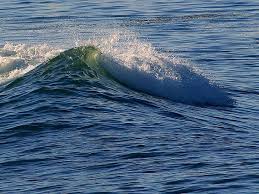
Seasickness
Seasickness can quickly turn a day on the water into a miserable experience. Seasickness occurs when your eyes, your inner ear, and your body send conflicting messages to your brain. Imagine you are below deck, your eyes are telling you the room isn’t moving while your inner ear senses motion. This conflicting message may result in dizziness, light-headedness, and nausea.
Prevention is better than treatment,try these tips:
Stay on deck in a shady spot and face forward, focusing on the horizon.
Keep your head still, while resting against a seat back.
Eat light; avoid spicy and greasy foods and alcohol.
Antihistamines are commonly used to prevent sea sickness. Frequently recommended over-the-counter antihistamines include Antivert, Bonine, Dramamine, and Benadryl.
The adhesive patch, Scopolamine (Transderm Scop), is available by prescription. The patch is applied behind the ear a few hours before traveling and provides 72-hour protection.
Or try this:
Mix a half teaspoon of ginger powder in a glass of water and drink it 20
minutes before heading out to sea.
If you still find yourself becoming nauseated, try the following:
Get some fresh air. If you’re below deck, go on the upper deck and sit toward the middle of the boat where you’ll feel less movement. Eat a few dry crackers. Sip a clear, carbonated beverage.